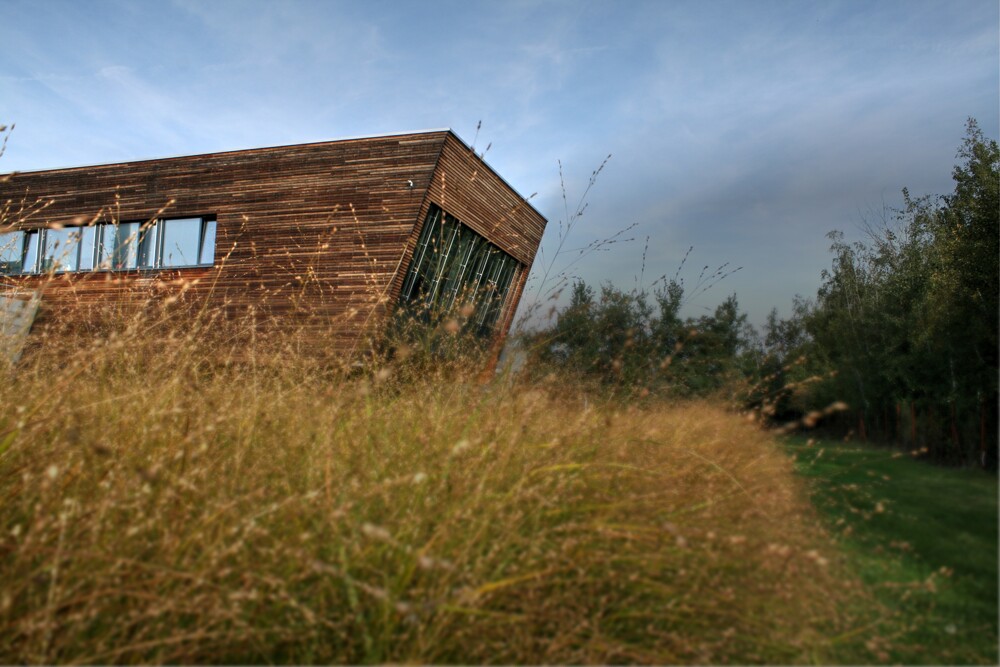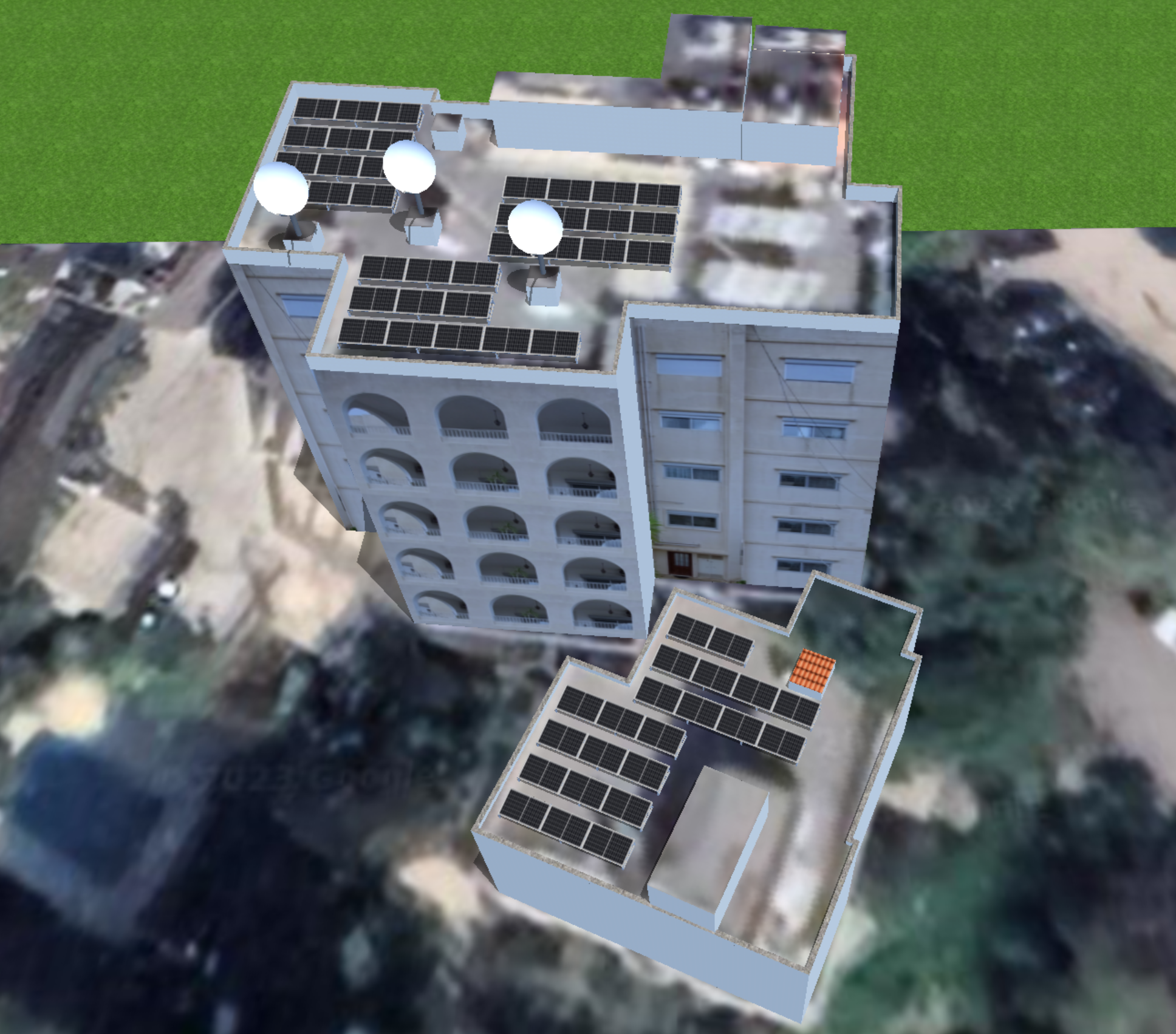

The Czech Embassy in the Lebanese capital Beirut has to deal with daily power supply problems due to unstable supplies from
the local distribution network. Experts from the UCEEB CTU have therefore proposed a suitable solution for the diplomatic
mission area using a battery photovoltaic system.
Although the embassy is connected to the Beirut grid, the power supply is highly unstable. Usually, the grid is only operational
for a few hours a day, and the rest of the day loads are powered by a diesel generator. Power is supplied to a large proportion
of the buildings in the country in this way or by solar, and microgrids of interconnected buildings with their own supply
are also common.
For the Czech Embassy this situation is not sustainable in the long term due to the high cost of fuel and necessary servicing.
As part of a project called the Centre for Advanced Photovoltaics (CAP), we accepted an invitation to visit the embassy to
map the potential for PV utilization and measure the consumption profiles. Based on the measurements, we proposed a suitable
solution using a battery-powered photovoltaic system. In addition to saving fuel and generator service intervention, this
system will also significantly reduce noise and emissions from generator operation. The 23 kWp photovoltaic system will produce
over 33 MWh of energy per year, which will be fully utilized locally.
